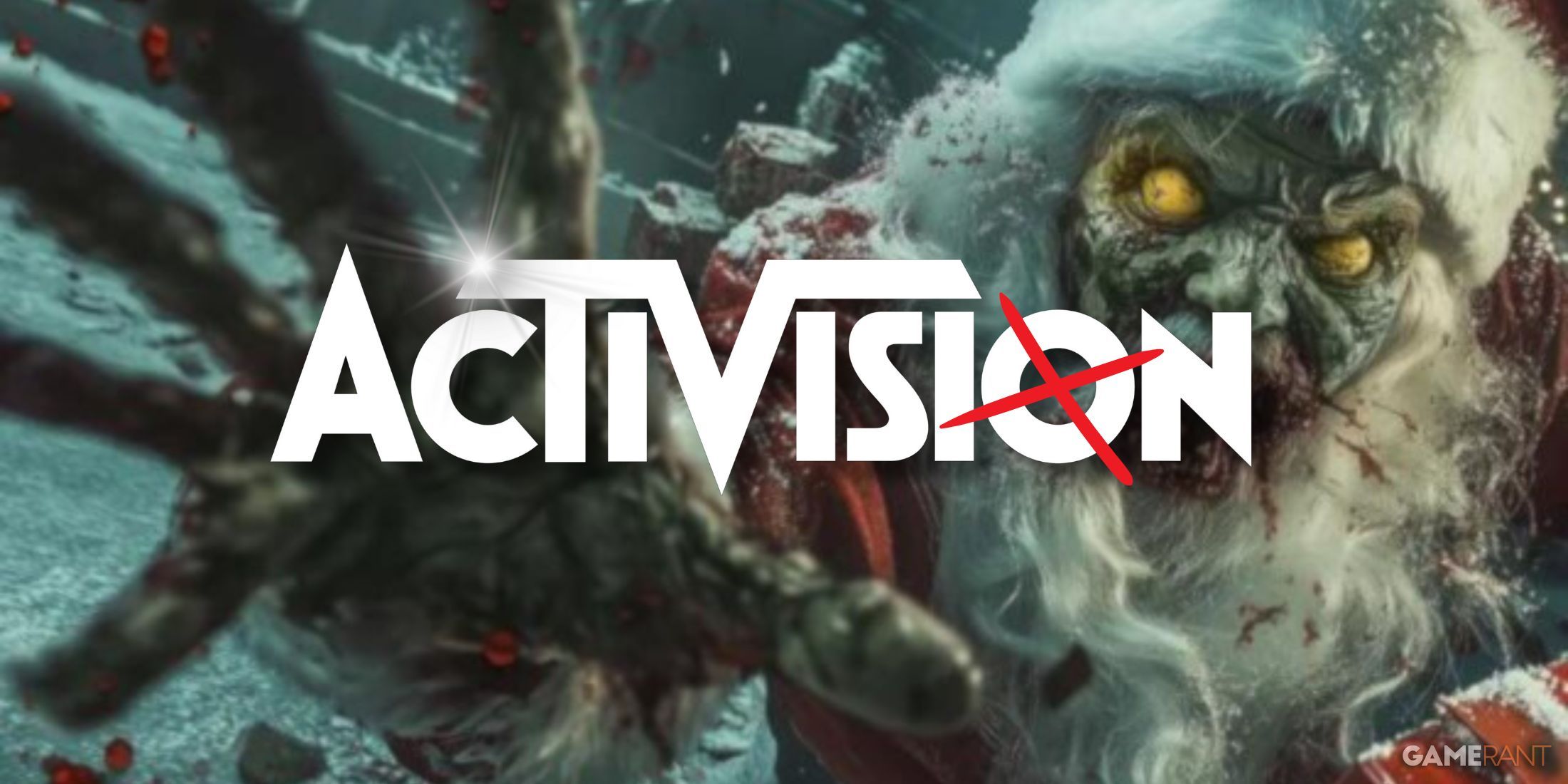The Double-Edged Sword of AI in Game Development
The gaming industry’s embrace of artificial intelligence (AI) is showing no signs of slowing down, despite major publishers recognizing its use as a risky endeavor. Companies like Take-Two Interactive and Electronic Arts are leveraging generative AI to enhance productivity and potentially replace some developers and artists. However, this move comes with significant challenges, including legal risks and potential fan backlash.

The use of AI in game development is not a new concept. The earliest examples date back to the 1980s with procedural generation. However, it wasn’t until the 2010s that these technologies began to gain significant traction. The release of GPT-2 in 2019 marked a turning point, enabling more sophisticated applications like AI Dungeon, which showcased AI’s potential in level design and storytelling.
Industry Giants Weigh In
Major developers and publishers are proceeding with caution, acknowledging the risks associated with AI adoption. Take-Two’s 2025 10-K filing, as noted by Bloomberg’s Jason Schreier, highlights the potential for reputational damage and legal issues. Electronic Arts’ own 10-K filing echoes these concerns, warning that AI adoption could pose reputational risks due to social and ethical issues.

Despite these risks, the industry appears committed to AI integration. A recent study by Market.us predicts that the generative AI gaming market will grow to an $11.11 billion industry by 2033, representing a tenfold increase from 2023. Companies are experimenting with AI to boost productivity and potentially replace certain roles, indicating a significant shift in how games are developed.
Challenges Ahead
The concerns surrounding AI in game development are multifaceted. There are worries about job losses and the uncredited use of human artists’ work. CD Projekt’s joint CEO, Michał Nowakowski, recently highlighted the legal complexities surrounding IP ownership with generative AI, citing this as a reason for not using such solutions in their upcoming game, The Witcher 4.
As the industry moves forward with AI adoption, it must navigate these challenges carefully. While the potential benefits are significant, so too are the risks. The gaming community’s reaction will be crucial in determining how successfully AI is integrated into game development.


